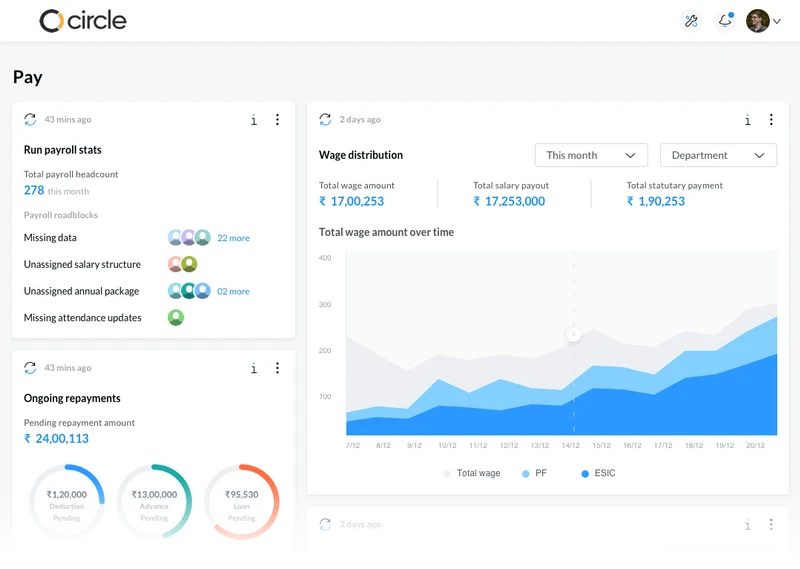Most organizations still frown upon many online activities, let alone social media. Social networking sites such as Facebook, MySpace, Bebo, etc have come a long way. The same can be said about LinkedIn, which is used by businesses, but the perception or myth held by employers, especially startups and traditional SMBs is that such activities are usually unproductive. Most companies are not even open to enterprise social networks, which are actually made for corporate usage, and enhance productivity.
Small and mid-sized businesses and startups may stand to lose a lot of benefits if they stay averse to the idea of an enterprise social network. This is despite the fact that many HR management software are integrating social networking features. For sumHR, we took a proactive decision of integrating Streams, the social networking feature in the HRMS.
One of the biggest purposes that a ‘company’ social network serves is it enables asynchronous communication and thus frees up the other channels that your employees maybe using for such purposes. To put it simply, why let your employees hog the precious email bandwidth for sending mails related to new employee announcements, leisure activities etc. Globally, many companies use enterprise social networks to enable such kinds of communications between employees.
One example is that of a major imaging company with offices across three continents! This company used an enterprise social network, and one way it really helped them was it bought employees from remote locations closer. Even in case of small businesses, which would have just one or two offices, an enterprise social network or an HRMS that has social networking features can be a huge boon. It also imbues transparency as the HR or management can use a comment system or a poll to gather feedback for policy-making and solving issues that require all stakeholders to contribute their views. Employee engagement is another thing that gets an impetus using an enterprise social network (more on that in a later post).
As information is readily available for the users (employees), they also save time. So this in turn, increases productivity. A few years ago, such a tool would have been a luxury. Not any more. Social networking tools/services for employees have become a must-have for all kinds of organizations. Even for HRMS, this feature has become somewhat of a dealmaker during the sales process.
In addition to these advantages of enterprise social networks, startups, SMBs, and growing companies can foster better communication and relations between the employees and various departments.








